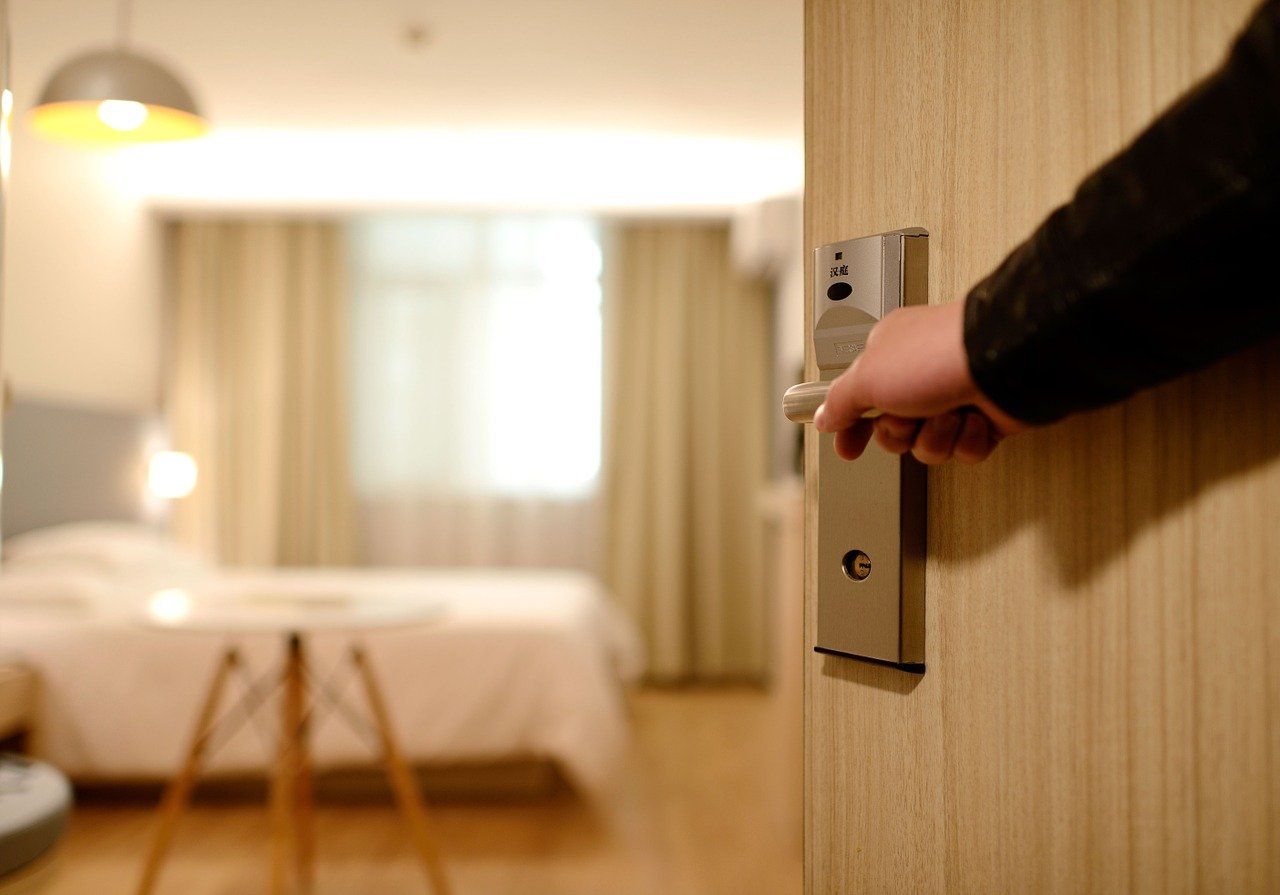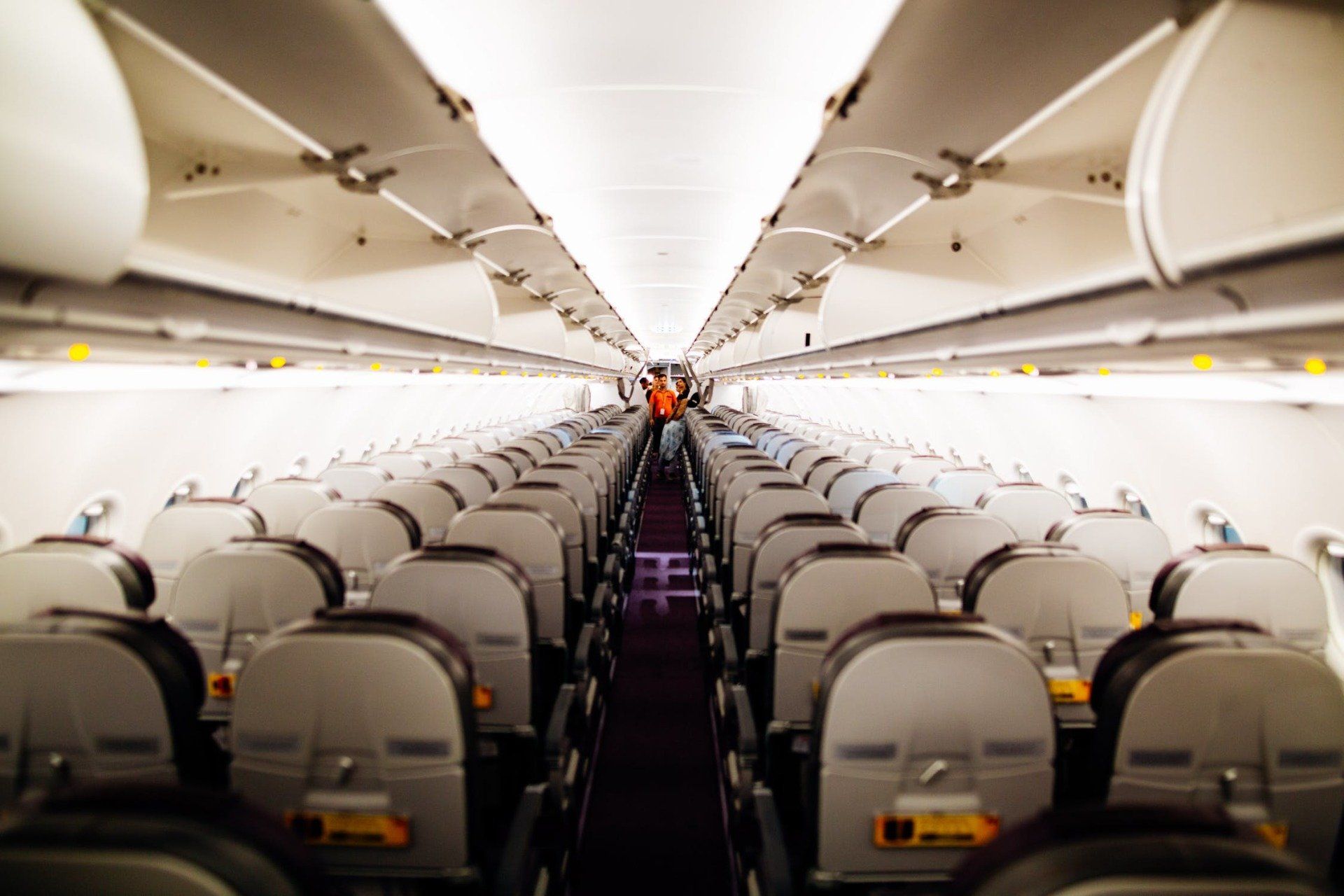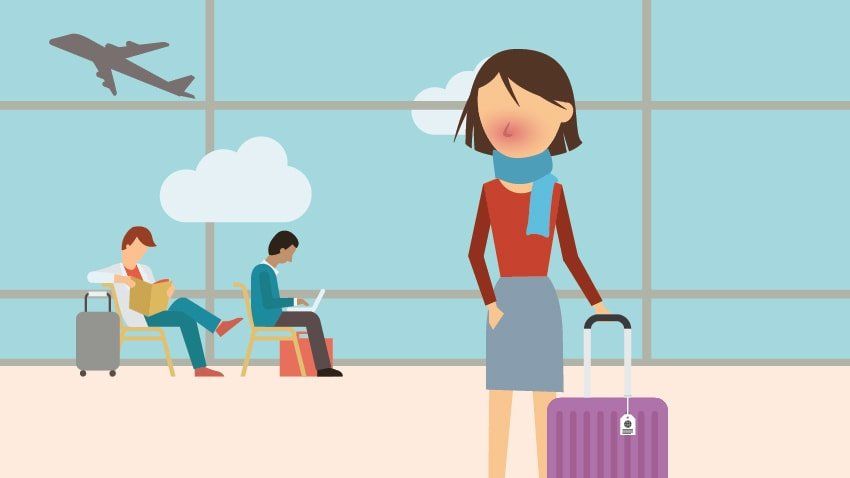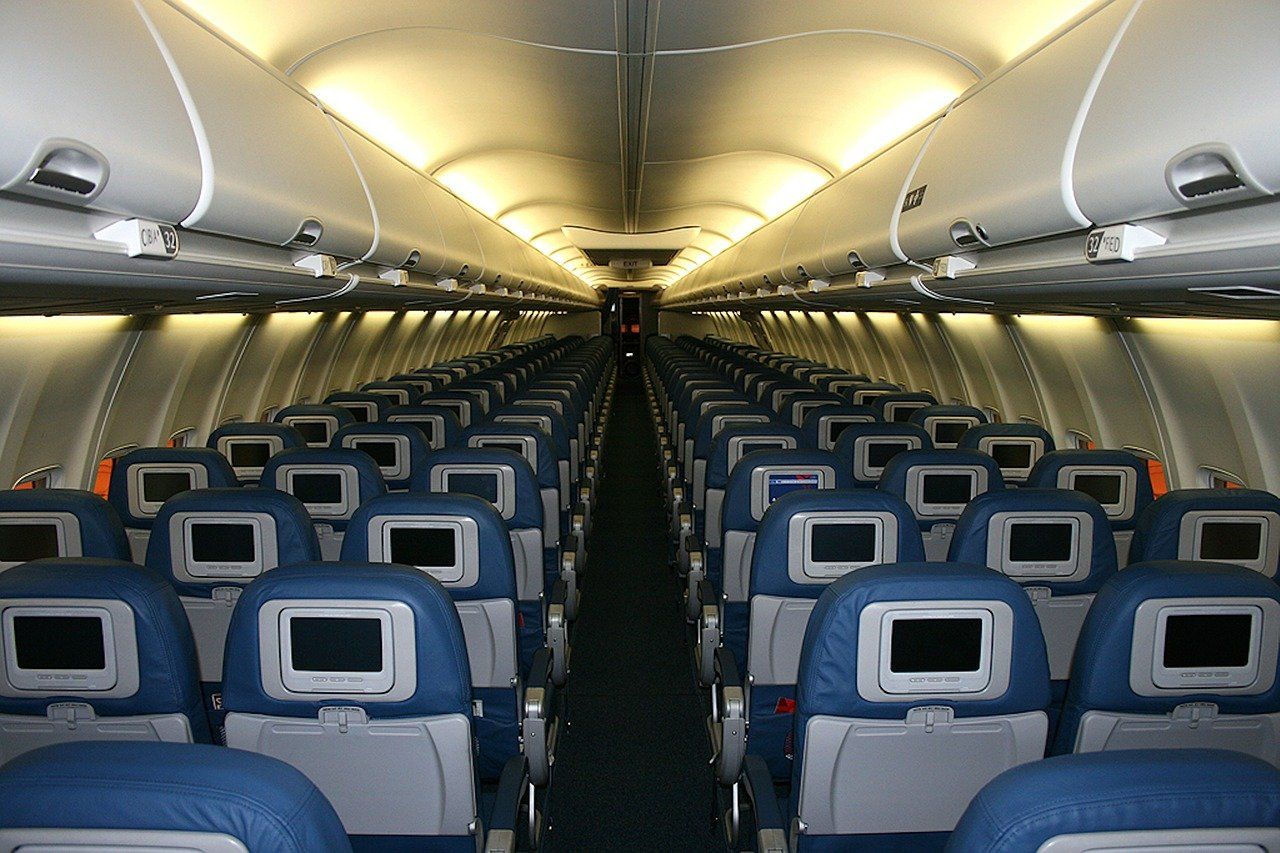Five Things to Look For When Shopping Hotels for Your Event
- By Jessica Elmore
- •
- 16 Dec, 2017
- •

There are good reasons why hotels are popular venues for hosting meetings and conventions. Having on-site sleeping quarters for exhibitors, clinicians, and attendees is a big advantage for multi-day events and out-of-town guests. It’s also tremendously convenient to let the hospitality professionals handle the back-of-the-house niceties like food and beverage and basic setup/takedown so that you can focus on whatever it is you do best instead. Unfortunately, selecting a hotel is rarely easy, and selecting the wrong hotel can be disastrous for your event. As you prepare to shop area hotels, here are five considerations we think are especially important (in this order):
- Location. Make sure you’re thinking not only about your needs, but also those of your out-of-town participants. Will the hotel be easy to find for someone unfamiliar with the city? Is it near major highways or airports? Is public transportation available, and does the hotel offer shuttle service to and from transportation hubs? Be sure to consider the proximity of major attractions, too. Being close to things like museums, concert venues, theme parks, and major shopping districts can be either an advantage or a disadvantage–and you certainly don’t want to pay for a “convenience” you don’t need. Also, don’t assume a hotel is inconvenient just because it’s a little “out of the way.” Often these are the ones that offer better parking and less traffic.
- Food and beverage. Larger hotels with established event staffs often have very well-thought-out food and beverage options, but they also tend to be less flexible about outside catering. Because hotel concessions are likely to be more expensive than local options–and may lend your event a different overall “feel” than bringing in some local flavor–it’s important to get the facts in advance about what kinds of refreshments the hotel can and will provide, as well as what options you have for bringing in your own. This is one key area where independent boutique hotels and smaller chain hotels can be a more flexible alternative to major convention center hotels.
- Customer service. A cooperative, friendly hotel staff can take a lot of stress out of getting ready for your event. Be sure to “shop” the hotels you’re considering, and ask for referrals from recent event clients. Be wary of any hotel where staff appear unmotivated or overworked. If that spills over into your event, participants may have trouble distinguishing between the hotel’s customer service and your own.
- The meeting space itself. While you’re shopping, take a look at the meeting space and ask about basic amenities like tables and chairs, linens, available Internet ports, and electrical outlets. See whether the room is already equipped with multimedia technology or whether you’d have to supply your own. Imagine yourself and your participants in the space on the day of your event. Does the room have windows and natural light, or does it have a closed, basement-like feel? How conveniently located are the restrooms? Is the hotel’s wi-fi signal strong throughout the room? Do the walls seem to provide good sound insulation from outside noise?
- Cost. After all those considerations, you’ll be able to more meaningfully weigh in on the value proposition of a hotel option. Cheapest is rarely best, but that doesn’t mean you need to opt for the high price tag of the premier option, either. And don’t be afraid to haggle to get a good deal. This is a business decision, after all. You need to balance the resources you’re putting into it with the realistic outcomes you expect to achieve. Give some thought to what it will cost attendees, too. Find out in advance about room discounts, parking fees, and whether internet access is free to guests. Look for other area accommodations and nearby restaurants to make sure there are options for budget-minded participants.
Selecting an appropriate venue for your event is just one facet of what, for many, is an overwhelming planning process. That’s why we’re here to help. By enlisting the help of a trusted partner who knows just which questions to ask and who can walk you through the whole process one step at a time, you can be sure your organization’s next event will be both fruitful and memorable.

During the pandemic, thousands of pilots were offered early retirement packages in order to cut labor bills due to the lack of travel demand. Now that travel for pleasure and business is rebounding from the pandemic, approximately 14,000 flights in the US were recently cancelled or delayed due to the lack of pilots, carriers, and other staff.










